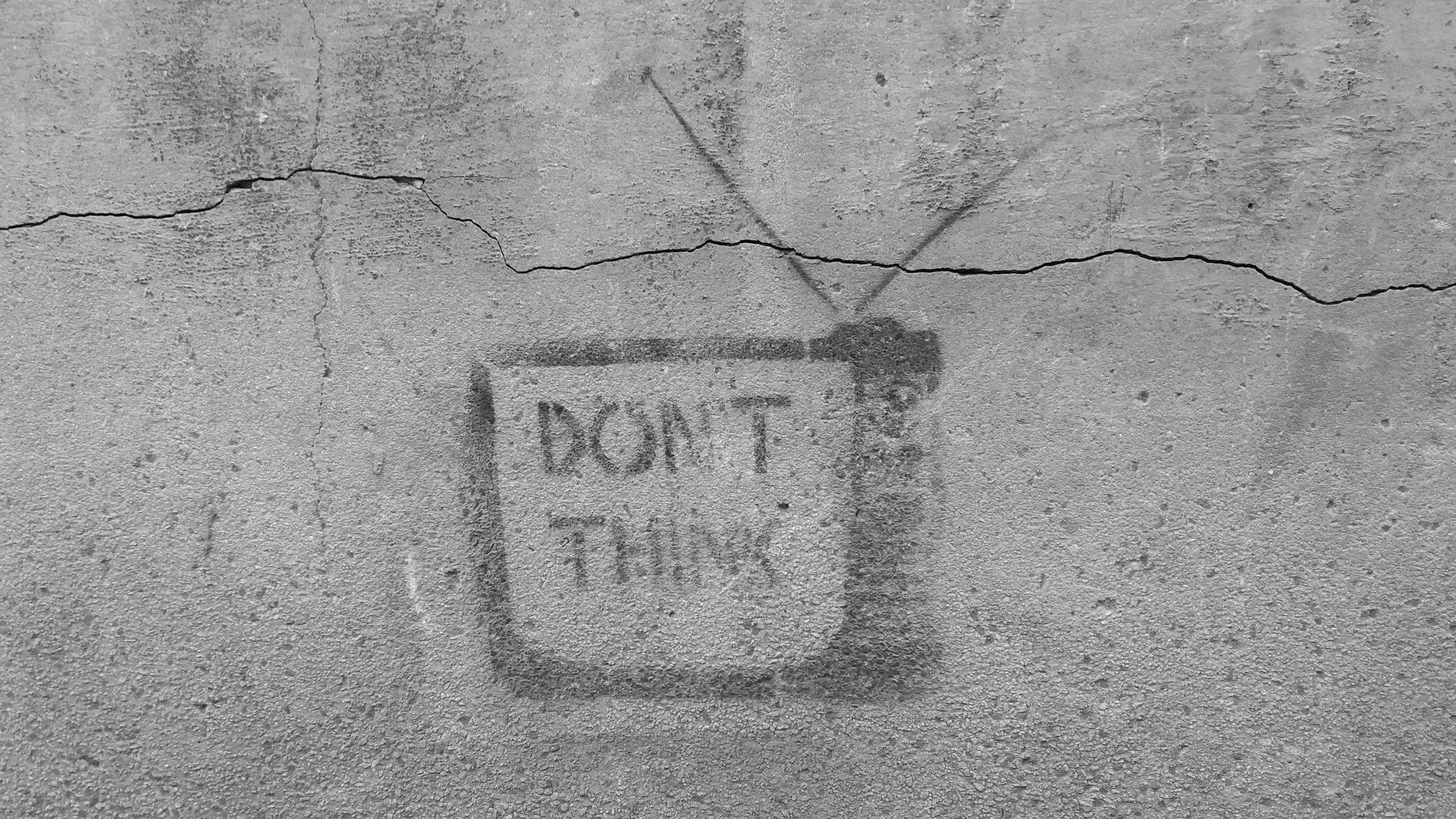
OUR THINKING
In this last newsletter of the year, we’ve taken a deep dive into the impact of our work with clients to investigate what really makes change happen.
For the past two years, we’ve been listening deeply to leaders and teams after working together to better understand what actually makes change happen inside organisations.
If you’ve been in session with us, you will know that we are fascinated by working with organisations that have wounds
The title of this month’s newsletter comes from adrienne maree brown’s book We Will Not Cancel Us .
For some time now, we’ve been thinking about legacy. It’s come into sharper focus this month as Letesia turns 50.
We put this guide together to support you with some specific actions you can take during a time of increased division and identity-based hate.
Letesia was at Future Days festival back in June, and one of the speakers - Payal Arora - talked about “The privilege of pessimism”.
When the British Prime Minister made Palestinian statehood conditional, as if Palestinian lives were mere pawns in a geopolitical game, it marked a new low for moral leadership.
We've been talking recently about the importance of critical thinking. I was surprised to have a conversation with my parents recently, who were not aware that the original meaning of "woke" came from those fighting for racial justice.
Recently we've been thinking a lot about power and our choices to use it. Are we responsible? Do we misuse it?
Stories shape how we see the world and each other. They help us make meaning, build trust, grow empathy, build belonging and imagine something better.
We've just had International Women's Day and I'm sure your social feeds like mine where awash with a mix of focuses - from celebration, to activism, to disappointment, to blame and finally sadness about how far we've still got to go.
In this open and honest conversation, Letesia and Tas share their motivations and experiences in working with the white supremacy culture traits framework for the past few years, as well as the power of unlearning in community.
As we navigate what feels like an increasingly hostile climate for activists and people working in systems change, it is easy to feel overwhelmed.
We recently held a session with our New Ways Collective on Shame. It followed some training we did about Working with Shame in Organisations with the Gestalt Centre, which we’ve been applying to our work on EDI and anti-racism.
We recently attended the Othering and Belonging Institute conference which focused on creating belonging in a divided world.
It’s a heavy time in the world and the effects are being felt around the world as we grapple with the impact of escalated violence against Palestinians in Gaza, following the Hamas attack in Israel. It’s a traumatic time for Jews, Muslims, people with family and connections in the region and those of us watching on social media and news channels from afar.
How do we get better at working with multiple truths? This feels like the leadership skill of our time. How do we deal with team members mourning the monarchy from those frustrated by minimal coverage of more pressings issues like Chris Kaba’s murder? How do we address Gen X managers frustrations with Gen Z strong boundaries between work and the rest of their life in ways that build harmonious workplaces?
The first anniversary of the murder of George Floyd and the Black Lives Matters protests has been a time of deep reflection. I remember the visceral impact this tragic act had across the world, and it was clear that here in the UK, the fair and equitable Britain that some envisaged was not the same lived experience for every one – and this mass awakening was both hurtful and welcomed in equal measures.
A google search for belonging at work will show an extraordinary rise of interest in the topic (four hundred and twenty one million pieces of content at the last count April 2022). A peek inside people and culture strategies of any organisation paying attention to employee engagement will see this small word with big impact throughout documentation outlining plans. We’ve woken up to the reality that belonging means so much more than inclusion or a sense of ‘feel good’ about where we work. Rather, it’s a fundamental to our human experience that has real, visceral impacts that determines the wellbeing, performance, and success of our people.
It seems that the challenges of 2020 are set to continue with vigour in 2021, and the third sector is reeling from its impact. Within these most testing of times, we’ve also seen the light shone brightly on the serious lack of diversity in charities, with story after story revealing the truth of the scale of everyday and systemic racism in our society.
I’ve learned through this work is that very few leaders want to admit there are problems within their organisation. And who can blame them for feeling that way? The saying ‘the buck stops with you’ rings loud in the ears! There’s an inevitable sense of responsibility that comes with the territory. Leadership books have sold the myth that leaders should know how to solve everything. I’ve seen that flash of shame that comes with having to admit that the picture isn’t quite as polished and rosy as they believed, or hoped it was.





























“Letesia Gibson and Jo Atkins-Potts share why they built Leading on the Line - a leadership journey for leaders ready to act with courage and integrity now.”